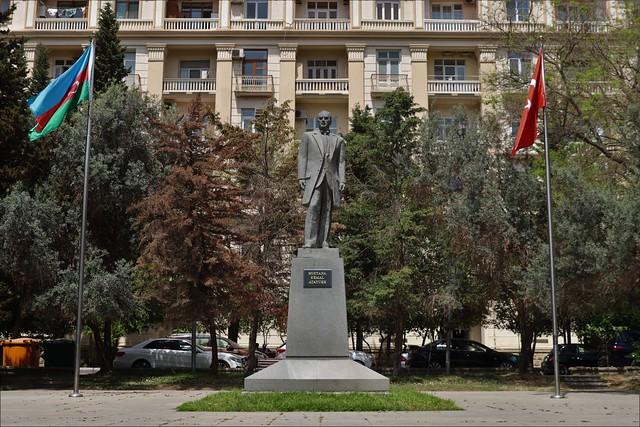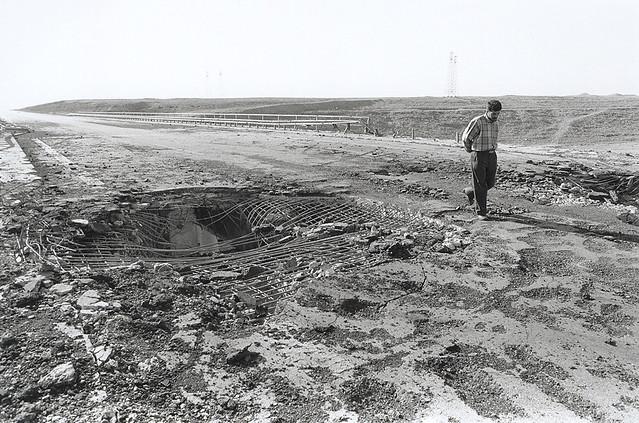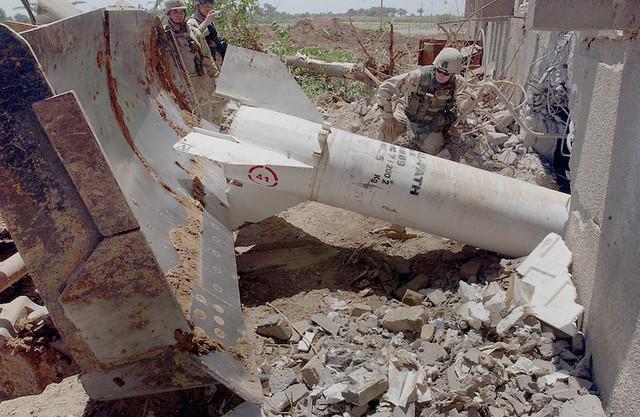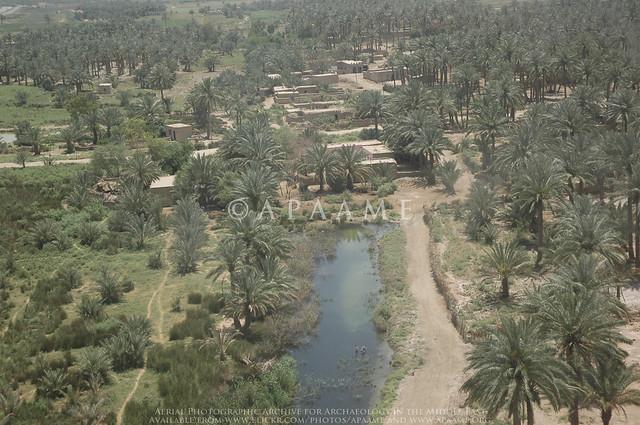



Mosul
Overview
Historical Significance
Mosul, one of Iraq's oldest cities, boasts a rich tapestry of history that dates back over 4,000 years. Located on the banks of the Tigris River, it has been a pivotal point in various empires, from the Assyrians to the Ottomans. Its historical heart is the ancient city of Nineveh, which was once the capital of the Assyrian Empire. Today, travelers can explore the remnants of this great civilization, including the iconic ruins of the city's walls and the famous ziggurat, which offers a glimpse into the architectural ingenuity of the past. The city is not only a UNESCO World Heritage Site but also a significant archaeological treasure trove, making it a must-visit for history enthusiasts.
Cultural Diversity
Mosul is a melting pot of cultures, home to diverse ethnic and religious communities, including Arabs, Kurds, Turkmen, and Christians. This rich cultural mosaic has fostered a vibrant atmosphere that is reflected in its festivals, traditions, and everyday life. The local cuisine is a delightful blend of flavors, featuring dishes such as kebabs, dolma, and the famous Mosul-style biryani. Travelers can immerse themselves in the local culture by visiting bustling markets, where the air is infused with the aroma of spices and the sounds of lively bargaining. The city's warm and welcoming residents often take pride in sharing their heritage, making it an enriching experience for visitors.
Architectural Wonders
The architecture of Mosul is a stunning showcase of its historical significance and cultural richness. Among its most notable landmarks is the Great Mosque of al-Nuri, famed for its leaning minaret, which has become a symbol of the city. Although the mosque suffered extensive damage during recent conflicts, restoration efforts are underway to revive its former glory. The old city’s narrow streets, lined with traditional brick houses, are a testament to Mosul’s architectural charm and resilience. Visitors can also explore the Al-Masbah area, which is characterized by its unique Ottoman-era structures and vibrant street life, offering a perfect backdrop for photography and exploration.
Atmosphere and Resilience
Despite the challenges it has faced, Mosul exudes a resilient spirit that captivates those who visit. The atmosphere is a blend of hope and revival, with locals working diligently to rebuild their lives and their city. The sound of construction mingles with laughter in the streets as families gather and children play. As you stroll through the local neighborhoods, you will encounter a sense of community and an eagerness to share stories of the past and dreams for the future. The vibrant street art that has begun to emerge in various parts of the city symbolizes not just beauty but also a collective desire for peace and progress.
Local Characteristics
Mosul is defined by its unique characteristics, from the traditional craft of weaving to the lively artisanal markets. The city is renowned for its handmade carpets, intricate pottery, and silver jewelry, which reflect the region’s artistry and craftsmanship. The local cafes and teahouses are ideal spots to engage with residents, sip on strong Iraqi coffee, and savor sweet pastries while soaking in the atmosphere. Moreover, the warmth and hospitality of the Moslawi people enhance the travel experience, as they are eager to share insights about their city, culture, and traditions.
Traveling to Mosul offers a unique opportunity to witness the resilience of a city steeped in history and culture. With its blend of ancient ruins, diverse communities, and fervent spirit, Mosul invites travelers to explore its layers of heritage while experiencing the warmth of its people.
Other towns or cities you may like in Iraq
Explore other cities that share similar charm and attractions.






